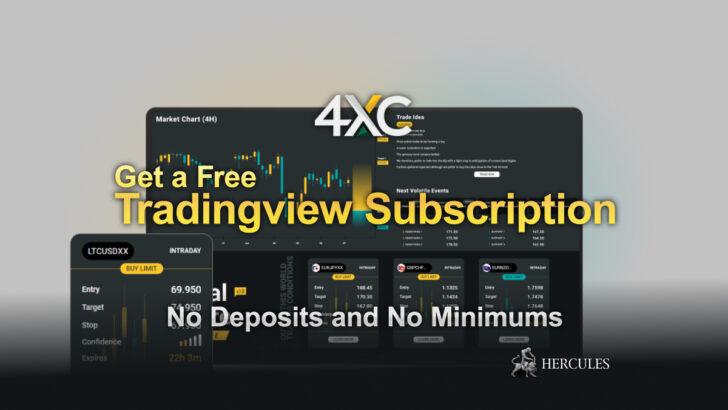Categories
What is Spread?
What is Spread in the Forex market? What changes the spread condition?
- What is Spread?
- Consider factors that may affect the spread
- Spreads are variable during Trading Sessions
What is Spread?
Spread is the difference between Ask and Bit price in financial markets.
There are mainly 2 different spread types available in the Forex market, and they have different advantages for users.
1. Floating(Variable) Spread
Floating spread type is very standard model for majority of brokerage firms in the world.
In this spread type, the spread can be changed each moment, and it can be tighter or wider at any moment.
The spread depends on the market liquidity, the mark-up spread of liquidity provider and the mark-up spread if your brokerage firm.
You can benefit from tighter spread, but the spread can be widened at any moment, that will expose you to the risk of increasing margin requirement.
2. Fixed Spread
Not all brokerage firms offer service with this type of spread, in fact it is a bit rare spread type among hundreds of Forex brokers in the world.
In this spread type, the spread is fixed and doesn’t change at normal trading hours, but only when the volatility in the market price is high or the market liquidity is very low.
The normal condition of “Fixed Spread” is that the spread can be widened at any time depending on the market situation though, it is fixed normally.
Fixed spread is normally offered with wider spread than floating spread, and it is especially suited for traders with EAs(Expert Adviser) at it makes easier to setup trading programs.
Go to Hercules.Finance Main Page
Consider factors that may affect the spread

A widening spread may lead to a more significant trading cost and unexpected expenses.
A trader should always keep in mind that as a rule with the higher leverage, the higher spread cost will apply to account`s equity.
Moreover, both low liquidity of the chosen asset pair and market volatility multiplied on high leverage may lead to unavoidable loss for the trader.
Here is our short checklist you may wish to save:
- Be patient and only trade when the spread narrows;
- Keep an eye on volatility, liquidity and market news;
- Choose high liquidity trading pairs, which have the lowest spreads;
- Reduce your leverage when trading emerging market currencies;
- Select the time of day trading wisely, you may consider the time when the London and New York sessions overlap.
Go to Hercules.Finance Main Page
Spreads are variable during Trading Sessions

Many factors may lead to a spread widening, and here are only three of them:
- High volatility brought by economic releases
- Lack of liquidity in the market
- Time of your trading session
However, there is a difference between the lowest spreads, which each broker can offer.
For instance, by registering with IronFX, you can ensure you access to both Live and STP/ECN zero spread accounts.









